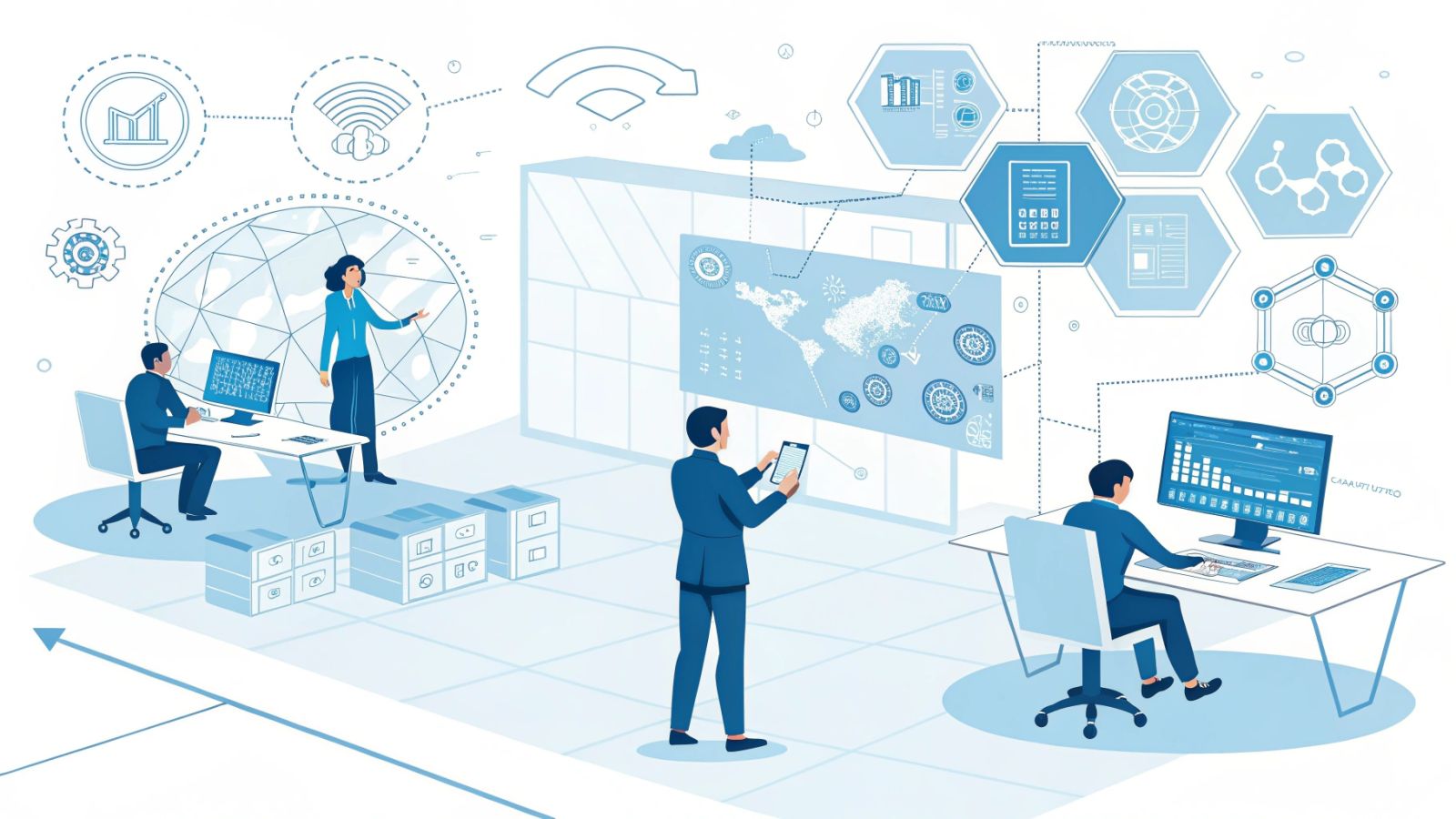Artificial intelligence is experiencing an epochal transformation with the emergence of AI Agents, autonomous systems that promise to revolutionize how businesses operate and automate their processes. According to a recent Capgemini study, this technology is set to become mainstream much faster than many experts had predicted.
The Capgemini Study: A Revolution in Motion
The "Unlocking the Value of Generative AI" report published by Capgemini in July 2024 surveyed 1,100 companies with revenues exceeding one billion dollars, revealing surprising data about AI Agent adoption. The results show an unmistakable trend toward intelligent automation:
- 82% of surveyed companies plan to integrate AI Agents within the next 1-3 years
- Only 7% state they have no plans for this integration
- 71% of respondents expect AI Agents to drive business automation
- 64% of companies anticipate these systems will free employees from repetitive tasks
What AI Agents Really Are
An AI Agent represents an artificial intelligence system capable of acting autonomously, pursuing open and flexibly defined goals. Unlike traditional chatbots or AI systems, these agents can take concrete actions in both digital and physical worlds.
"I think AI agent workflows are going to drive tremendous progress in AI this year, probably more so than the next generation of foundational models."
Andrew Ng, AI Expert
How an AI Agent Works: The Four-Phase Process
- Instruction Reception: Users interact with the system using natural language, as they would with a trusted employee
- Planning and Assignment: The main system breaks down work into specific tasks and assigns them to specialized agents
- Iterative Execution: Specialized agents execute tasks using their experience and domain expertise
- Completion and Feedback: The system provides the final result and adapts based on user feedback
A Practical Example: Automatic Flight Booking
Imagine a system that automatically books flights for a business trip. The AI Agent would need to:
- Analyze emails and calendars to determine dates and destinations
- Remember personal preferences (aisle/window seat, day/night flights)
- Research and select the most suitable flight options
- Use booking systems with payment information
- Request clarification when necessary
The Technological Foundations of AI Agents
Chain-of-Thought: Sequential Reasoning
One of the foundational studies that contributed to AI Agent development was the work by Google Research's Brain team in 2022 on "chain-of-thought prompting." This research demonstrated how Large Language Models can solve complex problems by breaking them down into smaller intermediate steps.
Tool Use: Integration with the External World
An essential element of competent AI Agents is the ability to use external applications. Meta's Toolformer project, published in 2023, represented a breakthrough, demonstrating how an LLM can be trained to make API calls to leverage calculators, calendars, and language translators.
Multi-Agent Architectures: Specialization and Modularity
The most recent evolution involves multi-agent systems, where different AI Agents collaborate together. Each agent specializes in specific tasks, making the entire system more effective and modular compared to a single monolithic agent.
Future Prospects and Business Implications
The rapid adoption of AI Agents is not coincidental. These systems offer tangible advantages:
- Advanced automation: Capability to handle complex end-to-end processes
- Human resource liberation: Employees can focus on value-added activities
- Enhanced customer experience: Faster and more personalized services
- Operational scalability: Managing growing work volumes without proportional staff increases
"Users will increasingly interact with systems that are composed of a variety of multimodal models and tools that can act on their behalf, rather than a single model with only text input and output."
Greg Brockman, OpenAI
The era of AI Agents has just begun, but the signs clearly indicate that this technology will redefine the business automation landscape in the coming years. Companies that embrace this transformation early will have a significant competitive advantage in the global market.
